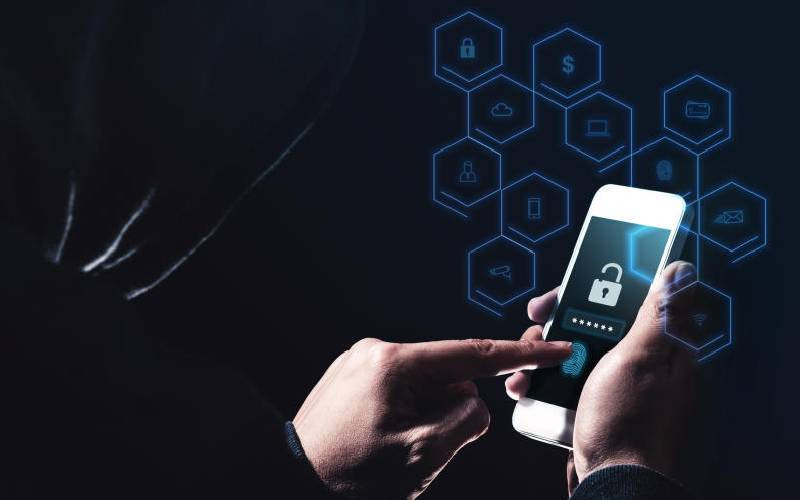
In today's digital age, the threat landscape is continually evolving, becoming more sophisticated and complex. The importance of cybersecurity awareness is more critical than ever. Safeguarding online data and infrastructure from cyber threats is essential for the security and stability of digital ecosystems worldwide.
As Kenya embraces digital transformation to deliver essential services more efficiently, platforms like the eCitizen portal have revolutionised access to government services. However, recent cyber attacks have exposed the vulnerabilities within these systems, emphasising the urgent need for robust cybersecurity measures.
The 2023 cyber-attack on Kenya's eCitizen portal had significant repercussions, disrupting essential services and affecting many citizens. From passport and visa applications to mobile banking, the attack caused widespread inconvenience and economic losses, impacting businesses and the national economy.
This incident was not an isolated; other African countries have also faced similar threats, highlighting the necessity for collective action. For instance, South Africa recently endured a crippling ransomware attack on Transnet, disrupting operations nationwide. Similarly, Nigeria experienced cyber-attacks during the #EndSARS protests, revealing weaknesses in its digital infrastructure during political unrest. Egypt, too, has faced sophisticated cyber-espionage campaigns targeting government entities and telecommunications companies.
To protect against ever-changing cyber threats, the government must proactively strengthen its cybersecurity defences. With cybercriminals growing increasingly sophisticated, there are serious risks to digital assets and infrastructure. Preparedness and vigilance are vital in the fight against these malicious actors. The government should prioritise three key areas: Investing in advanced cybersecurity infrastructure, fostering a cybersecurity-conscious culture, and building strong partnerships with civil society and the private sector.
Investing in cutting-edge cybersecurity infrastructure is not a luxury but a necessity in the digital age. Governments must allocate resources to deploy robust technologies, including advanced firewalls, intrusion detection systems, and data encryption protocols. These measures create formidable barriers against cybercriminals and enhance the resilience of critical systems. For example, establishing a government-wide cybersecurity operations center could help monitor and respond swiftly to potential threats, ensuring that breaches are quickly contained.
Beyond technological solutions, building a cybersecurity-conscious culture is crucial. This involves raising awareness among government employees and citizens about cyber threats and best practices for safeguarding sensitive information. Regular cybersecurity training can educate employees on phishing attempts, social engineering tactics, and other common attack vectors, reducing the chances of successful cyber-attacks by empowering them as the first line of defense.
Collaboration with external stakeholders is essential in today’s interconnected world. Governments should actively engage with civil society organisations, companies, and cybersecurity experts to share information, insights, and best practices. Cultivating an environment of trust and cooperation allows all parties to benefit from shared threat intelligence and collectively address emerging challenges.
Mr Kamande is a machine learning researcher
 The Standard Group Plc is a
multi-media organization with investments in media platforms spanning newspaper
print operations, television, radio broadcasting, digital and online services. The
Standard Group is recognized as a leading multi-media house in Kenya with a key
influence in matters of national and international interest.
The Standard Group Plc is a
multi-media organization with investments in media platforms spanning newspaper
print operations, television, radio broadcasting, digital and online services. The
Standard Group is recognized as a leading multi-media house in Kenya with a key
influence in matters of national and international interest.
 The Standard Group Plc is a
multi-media organization with investments in media platforms spanning newspaper
print operations, television, radio broadcasting, digital and online services. The
Standard Group is recognized as a leading multi-media house in Kenya with a key
influence in matters of national and international interest.
The Standard Group Plc is a
multi-media organization with investments in media platforms spanning newspaper
print operations, television, radio broadcasting, digital and online services. The
Standard Group is recognized as a leading multi-media house in Kenya with a key
influence in matters of national and international interest.









